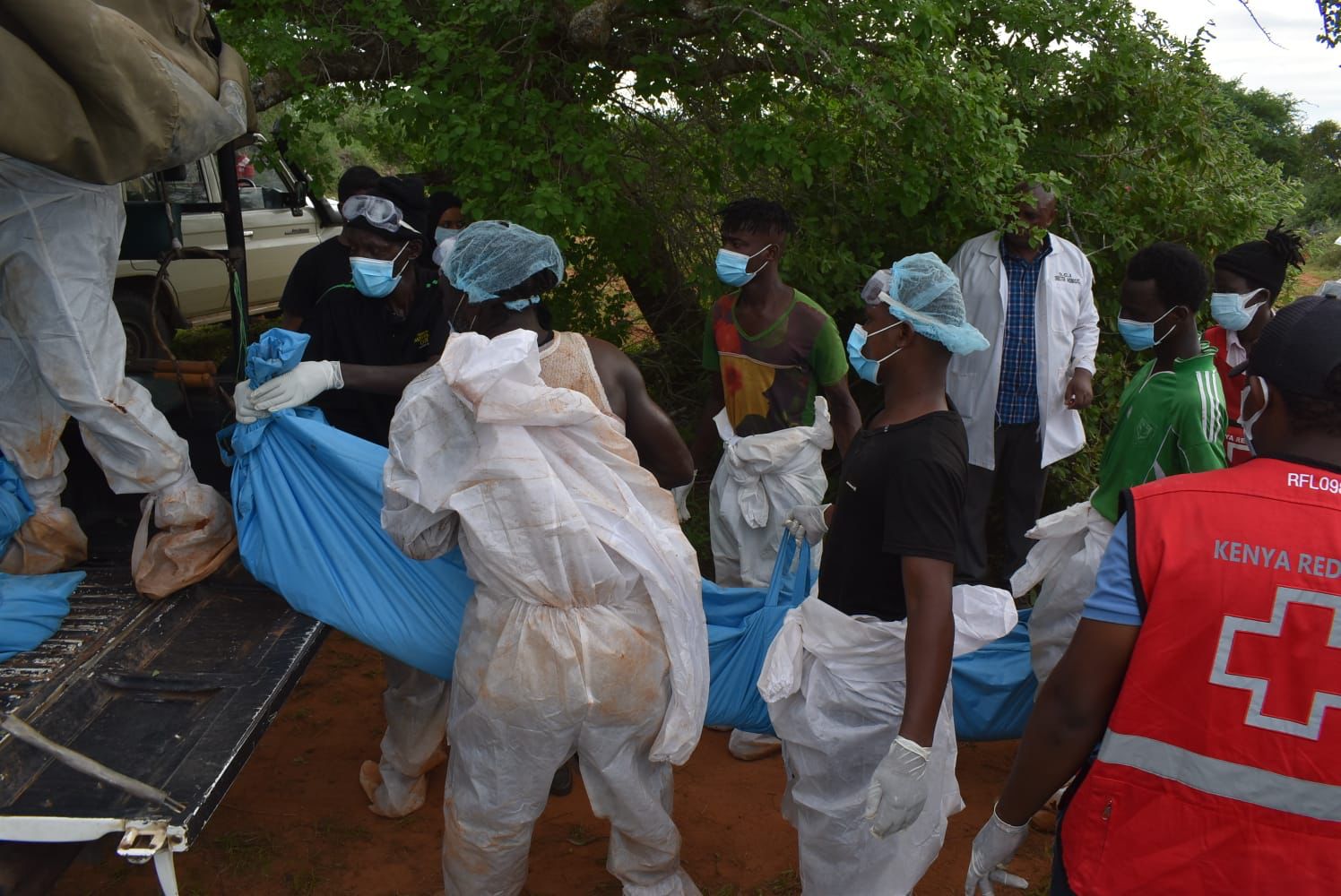Cabinet approves religious reforms as fears of ‘Shakahola Two’ grow

At the heart of the reforms is the creation of a national Religious Affairs Commission that will oversee the registration and operations of religious institutions, monitor compliance, and offer policy direction.
The Cabinet has approved a far-reaching set of reforms aimed at regulating religious institutions in Kenya, as fears mount over the re-emergence of cult-like groups similar to the Shakahola tragedy.
The proposals, drawn from a report by the Presidential Taskforce on the Review of the Legal and Regulatory Framework Governing Religious Organisations, were endorsed during a Cabinet meeting chaired by President William Ruto at State House, Nairobi, on Tuesday.
At the heart of the reforms is the creation of a national Religious Affairs Commission that will oversee the registration and operations of religious institutions, monitor compliance, and offer policy direction.
The proposals also recommend strict leadership requirements, regulation of faith-based broadcasting, and integration of civic education to promote tolerance and protect against extremism.
The government says the reforms are designed to uphold the sanctity of religious freedom while guarding against the manipulation of faith for personal gain.
The proposals call for a hybrid regulatory framework that preserves the autonomy of religious organisations while ensuring oversight by relevant state agencies.
The Taskforce, which submitted its report to President Ruto on July 31, 2024, also called for stronger coordination through umbrella religious bodies and adoption of a multi-agency enforcement model involving security organs, interfaith councils, and learning institutions.
Among the policy tools developed to support the reforms are the Draft Religious Organisations Policy, 2024, the Draft Religious Organisations Bill, 2024, and the Draft Regulation of Organisations (General) Regulations, 2024. The legal instruments are expected to give effect to the new governance framework.
The Taskforce further recommends changes to the school curriculum to include education on religious diversity, responsible religious practice, and the dangers of radicalisation.
It also proposes civic education to inform the public about the rights and responsibilities of religious institutions and their members.
The reforms come against the backdrop of renewed fears of a fresh wave of cult-like activities, now dubbed “Shakahola Two”, following disturbing developments in Kilifi’s Chakama Ranch.
Six children, Flora (15), Mary (14), Christine (10), Shadrach (6), Esther (4), and Tonny (1)—are feared dead after allegedly being taken back into the same outlawed sect that was linked to the Shakahola massacre.
The children had previously been rescued during the 2023 operation and were living with their parents in Nyadorera, Siaya County.
In March 2024, their father, Jairus, told relatives he had secured work in Bondo but instead returned to Chakama with his wife, Lilian Atieno, and the children. The couple and two others were later rescued from a forest and arrested.
The Cabinet’s endorsement of the reforms is expected to set the stage for deeper government involvement in the regulation of religious institutions and the prevention of faith-based abuse in the country.
